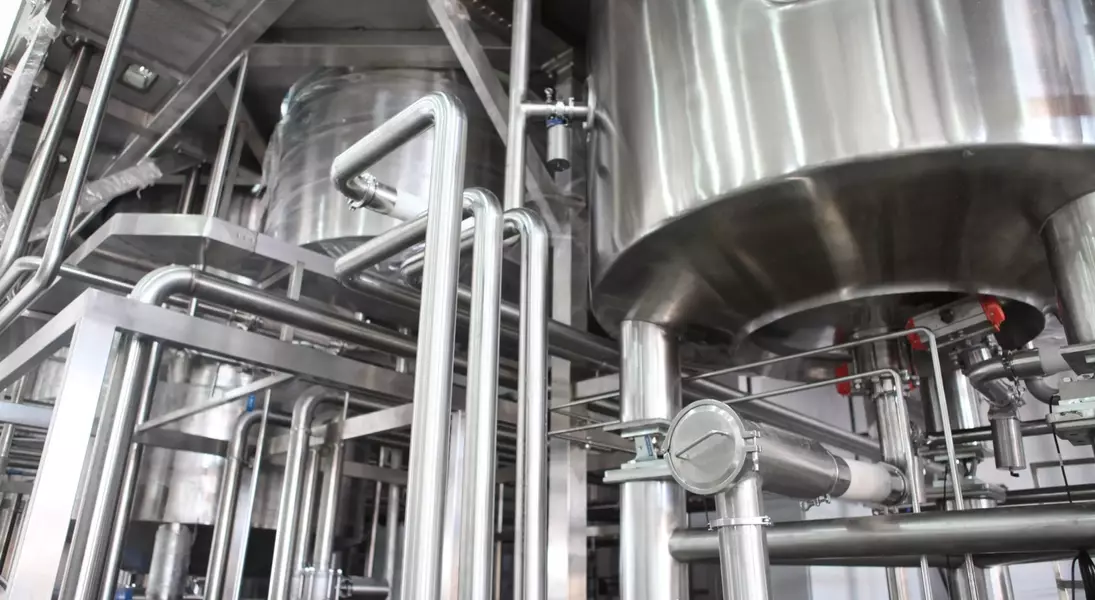
In recent years, Europe has witnessed a remarkable surge in alternative protein innovation. According to research by The Good Food Institute (GFI) Europe, the number of patent publications from European innovators in this sector has skyrocketed by 960% over the past decade. This rapid growth underscores the increasing focus on developing plant-based foods, cultivated meat, and fermentation technologies. Despite this progress, key areas crucial for making these proteins as appealing and cost-effective as traditional animal-based products remain underexplored. More open-access research is urgently needed to advance the field.
Patent Growth and Regional Leadership in Alternative Proteins
In a detailed analysis of the European landscape, GFI's report highlights that the region’s companies and public research institutions published 1,191 patents related to alternative proteins last year, compared to just 124 in 2015. The cumulative total now stands at over 5,000 patents, with an average annual growth rate of 32%. Switzerland leads the way, having published 1,232 patents since 2015, followed closely by Germany, the Netherlands, France, and the UK, which together account for 72% of all patent families. Plant-based foods dominate the innovation scene, with nearly 4,000 patents representing 74% of the total. However, cultivated meat and precision fermentation technologies are still in their early stages, underscoring the need for more research in these areas.
Furthermore, while meat alternatives are the most common end products, dairy alternatives follow, and only 1% of patent families relate to alternative seafood. This imbalance suggests a pressing need for increased focus on less explored categories.
David Hunt, Research Support Manager at GFI Europe, emphasized the importance of addressing overlooked areas to ensure commercial viability. He stressed the necessity for governments and funding bodies to foster collaboration between public research organizations and private companies to accelerate green growth and enhance food security.
From a journalist's perspective, this report not only highlights Europe's leadership in alternative protein innovation but also underscores the critical need for balanced development across all sub-sectors. By focusing on currently neglected areas, Europe can build a more robust and sustainable ecosystem for alternative proteins, ultimately benefiting both the environment and consumers.
